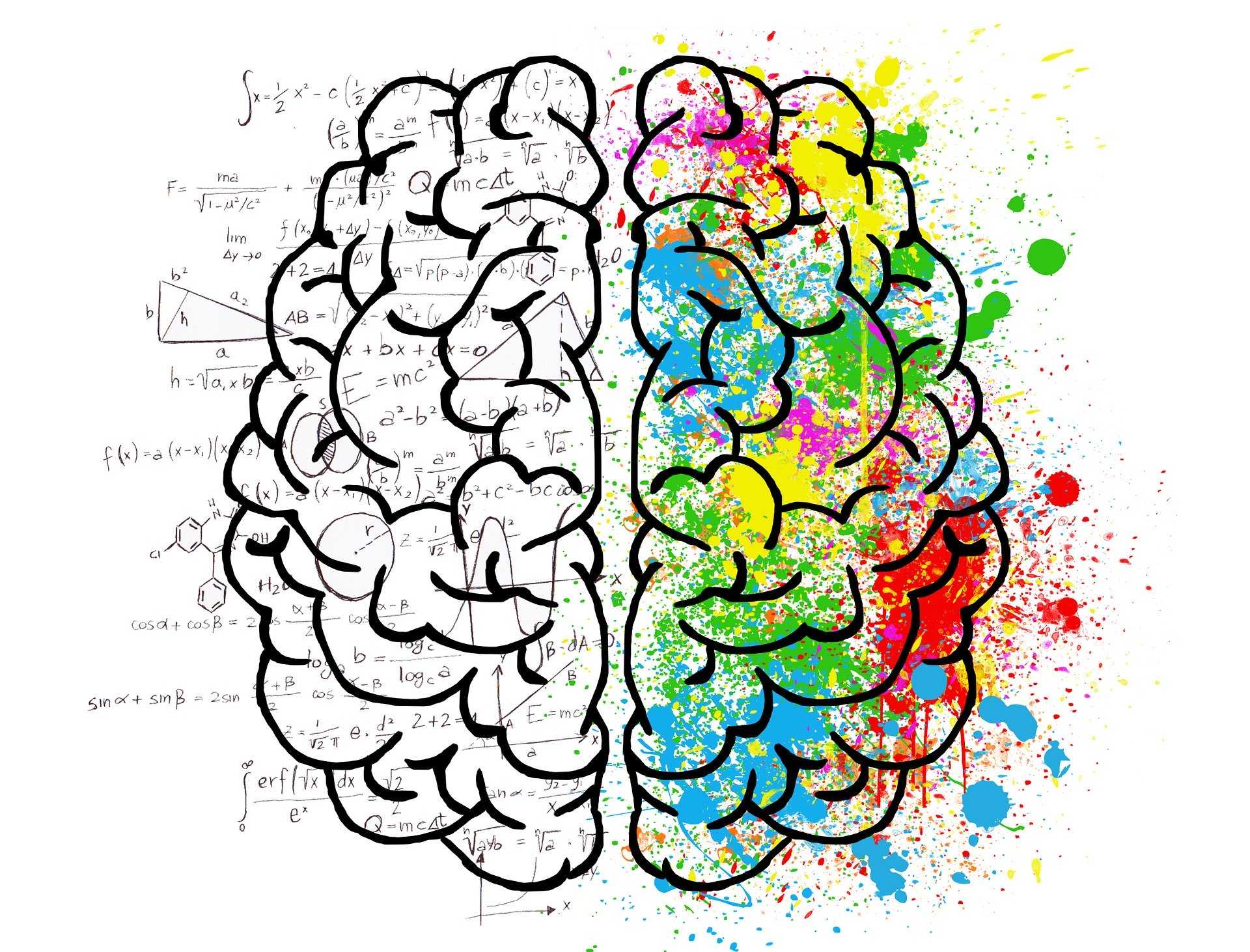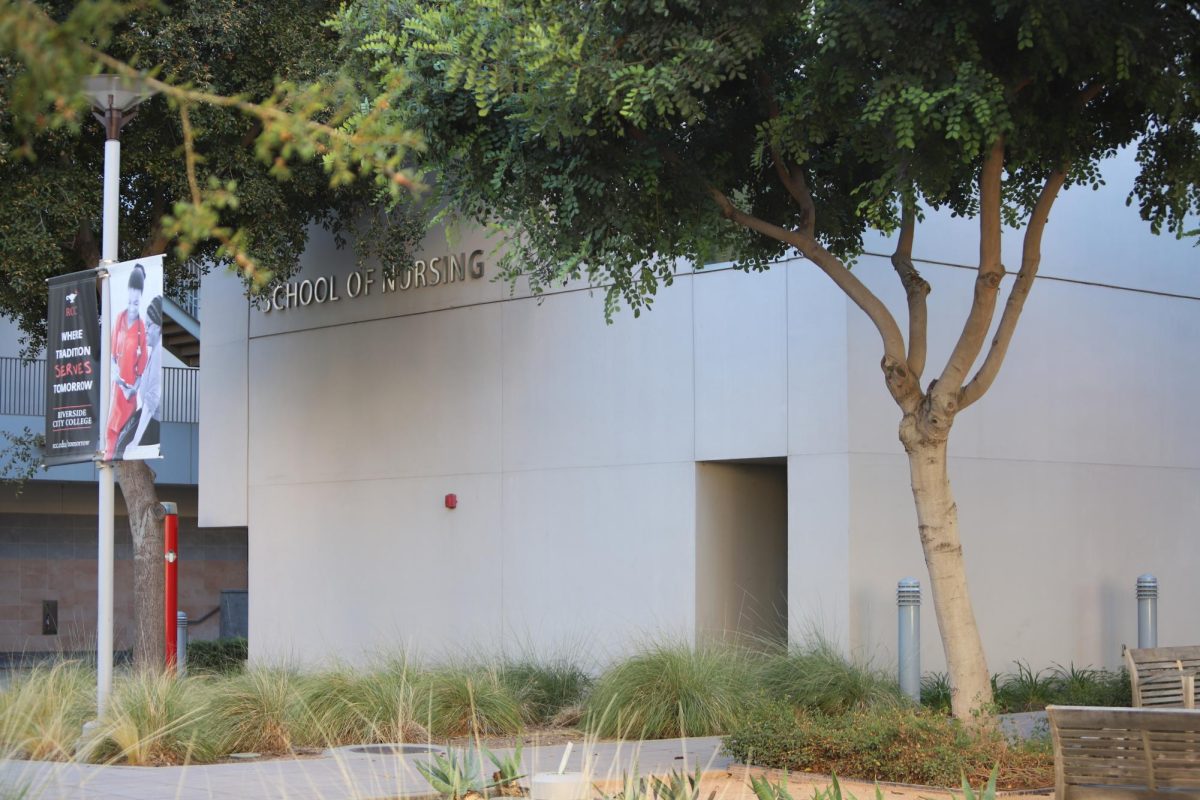
By Rolinda Espinoza
A Moreno Valley College Health Services webinar offered a mindfulness practice and discussed the importance of students caring for their mental health and well-being throughout the academic year.
“Pause,” Carlos Carrio, MVC health education specialist, said during the webinar Sept. 9. “Take a few deep breaths.”
Mindfulness is defined as a state of active open attention in the present. When you are mindful, you observe your thoughts and feelings from a distance without judgment. It allows you to be fully aware of your immediate physical and emotional feelings in response to your surroundings.
“Mental health is critical,” Carrio said. “Just as important as your physical health.”
Although he acknowledged students are busy, Carrio encouraged them to take five to 10 minutes out of the day to practice self-care in order to combat the stress of the academic year.
Carrio went on to explain mindfulness is not about daydreaming or sleeping, but about intentionally creating an acute awareness of the present moment. It is observing emotions without judgment and considering your sources of stress, he said.
The webinar also emphasized accepting emotions without resistance as a necessary step to achieving a clear mind.
“Uncontrollable stress leads to burnout,” Carrio said.
Students who are overloaded with stress often end up feeling weak. Stress takes a physical toll on the body including high blood pressure which leads to heart disease. Along with the physical toll stress can have on the body; stress may also lead to mental health illnesses such as depression and anxiety.
Although stress can cause mental health issues like anxiety, and depression, mindfulness based therapy is known to treat its symptoms. Mindfulness-based cognitive therapy is used to help patients with chronic depression prevent depressive relapses.
A study published in The Lancet, a peer-reviewed medical research journal, found that mindfulness-based therapy helped prevent depressive relapses just as well as antidepressant medication did.
Mindfulness is not the only form of meditation Carrio recommended. Other strategies include activities such as yoga, Tai Chi and journaling. Various phone applications such as ‘Calm’ are also available to assist with practicing mindfulness.
To achieve mindfulness, Carrio suggested a quiet environment, a comfortable posture, focus, and an open mind. Practicing these techniques will make achieving a state of mindfulness easier and faster, he said.
These techniques can be used to strengthen students’ academic success. Carrio suggested taking a deep breath and relaxing your muscles five minutes before an exam. Clearing the mind can help with concentration, memory, and engagement.
Anagoretti Castro, a Cal State Fullerton student, practices yoga daily to achieve mindfulness and stay motivated during online classes.
“Yoga has helped me be conscious of my body, ground myself and take a much-needed break.” Castro said. “It’s always something to look forward to.”










